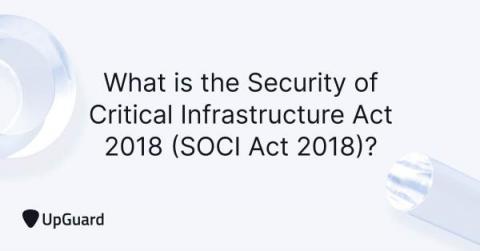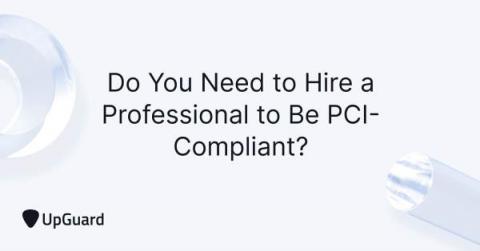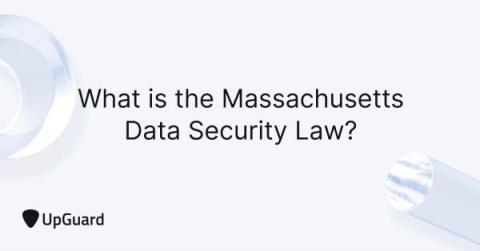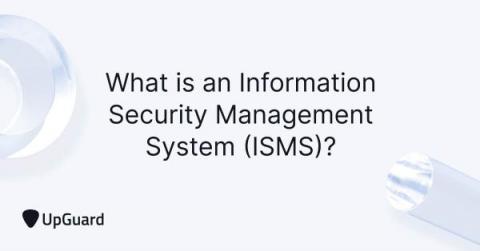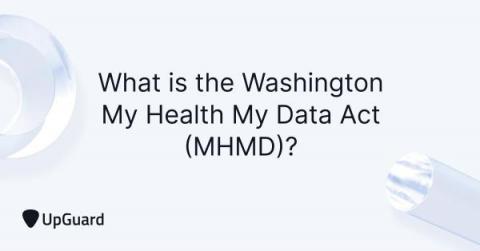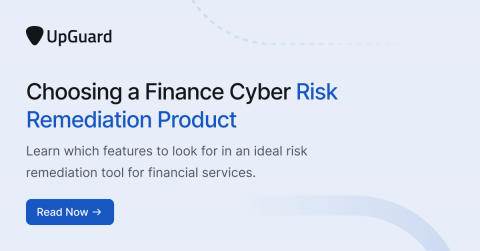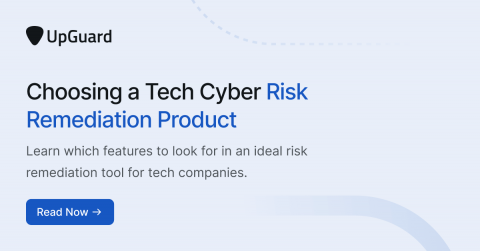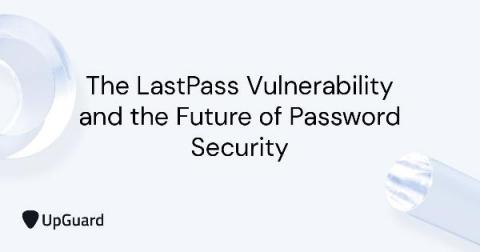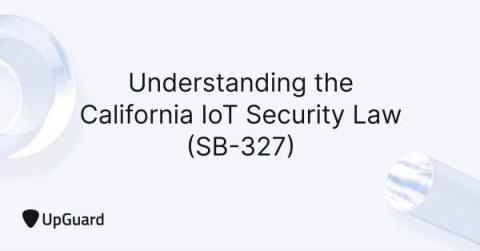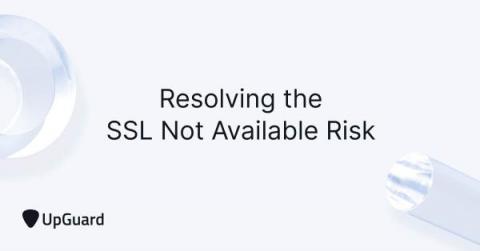What is the Security of Critical Infrastructure Act 2018 (SOCI Act 2018)?
Australia is using the Security of Critical Infrastructure Act 2018 (SOCI Act 2018) as a framework to help the country mitigate and remediate threats to the country’s critical infrastructure. This comes after several high-profile cyber attacks raised Australia’s awareness of the need for cybersecurity and the standardization of cyber security measures for priority organizations.


